Onboarding
Design Your First 100 Days at Work
You just started a new job, and you are ready to knock down walls, get stuff done, and make an impact. That is a great instinct because when you are starting a new gig, the first 100 days are crucial. This is your chance to prove yourself and show off your skills. But before you get started doing anything, you need to take some time to set a solid foundation, build relationships, and gain an in-depth understanding of your new environment. Whether you are an employee or the President of the United States, your execution of the first 100 days in a new role is critical to your long-term success.
The Great Disconnect of Trust
Recently, a client with a fully remote team came to us with a problem. Things had been humming along smoothly with reports of higher-than-average levels of engagement among the employees and then, suddenly it seemed, they hit a wall. After some digging, we discovered a common complaint. The company had recently instituted daily time tracking per project for its salaried employees – even the high performers – without an explanation for the change to their operating procedures. When surveyed, every single employee complained that they felt they were not trusted to use their time wisely and were micromanaged.
Critical Knowledge Transfer
While the importance of knowledge transfer is typically recognized throughout organizations, few have formulated practical approaches that systematically address the issue. The extent to which most companies facilitate the transfer of knowledge is usually by exit interviews or post-employment checklists. With an increased focus on e-commerce and company layoffs at an all-time high due to the COVID-19 Pandemic, efficient operations will be the key to your business surviving post-pandemic and maintaining a competitive edge. Your company’s ability to effectively facilitate and manage the transfer of knowledge will be the determining factor of both.



